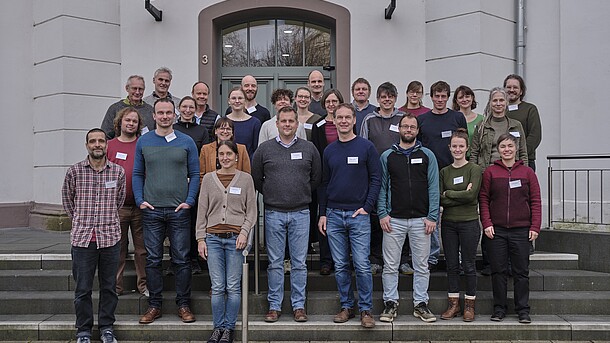
The complex structures and processes of ecological, social and economic systems require multi-layered and multi-perspective reflections in planning research and practice. Recently, resilient development - i.e. the capacity for regeneration and self-renewal - has increasingly come into the focus of spatial planning considerations as an indicative prerequisite for sustainable development. The objectives, requirements and actions of environmental planning must be elaborated in a way that they can be taken into account and, thus, integrated as requirements in formal spatial planning on the respective planning level and planning region. In particular, issues like climate protection and adaptation, biodiversity, water management, area conservation and health care are addressed. (Environmental) impact assessments and governance analyses are methodological priorities in research and teaching. This is based on a comprehensive concept of the environment - following the EU directives on environmental assessments and environmental information.








